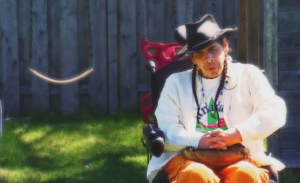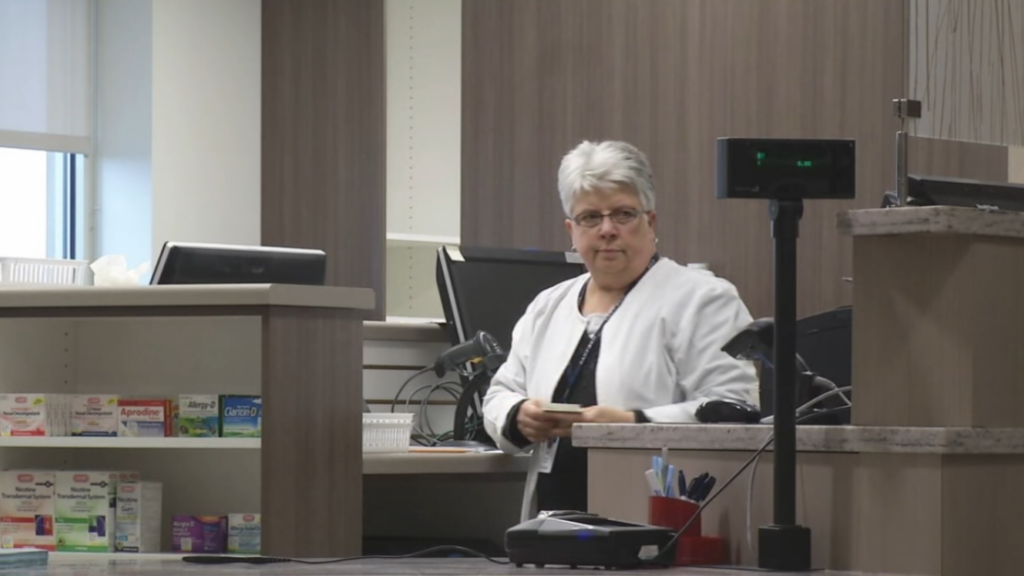Moorhead congressional candidate says he was tricked into running by RNC

MINNEAPOLIS – A blind and permanently disabled Minnesota veteran from Moorhead says a Republican operative deceived him into becoming part of a GOP strategy to use pro-marijuana political parties to siphon off votes from Democratic candidates.
Kevin “NeSe” Shores, of Moorhead who suffers from Gulf War illness and uses a wheelchair, used cannabis to get off painkillers. He ran for Congress on the Grassroots Legalize Cannabis Party ticket last year, and told KMSP-TV for a story that aired Sunday that he assumed the person recruiting him was from that party.
“I was under the impression he was a part of that political party,” Shores said. “That was my assumption.”
He was wrong. The man who recruited him to run for the seat held by Democratic Rep. Collin Peterson was GOP strategist Kip Christianson who was on the payroll of the Republican National Committee, according to the Federal Election Commission, the station reported. Shores said Christianson even paid the $300 filing fee.
Shores said he only learned Christianson was working for the GOP after the election. Shores lost to primary opponent Rae Hart Anderson, who had run for office twice before as a Republican. Peterson later lost the general election to Republican challenger Michelle Fischbach.
Christianson told KMSP he never misrepresented himself as a member of the Grassroots Legalize Cannabis Party. But when asked specifically if he ever told Shores he was a paid Republican strategist, Christianson said, “No comment.”
A spokeswoman for the Republican National Committee denied any role in recruiting Shores under false pretenses.
“The RNC has no knowledge of this, nor would we have authorized anything like what is being alleged,” RNC spokeswoman Preya Samsundar said.
Several supporters of President Donald Trump, who had little history of advocacy for legalizing cannabis, ran for office in Minnesota last year on either the Grassroots Legalize Cannabis Party or Legal Marijuana Now Party tickets in apparent attempts to siphon votes from Democratic candidates. Both “pot parties” have major party status and automatic ballot spots.
David Schultz, an expert in election law at Hamline University, said while there is “nothing at all wrong about encouraging people to run for office,” the recruitment of Shores may have crossed a line.
“What is happening here is the very rules of the game are being challenged and undermined. And a situation like this really pointing to the changing nature of American politics and how parties are not willing to play fair anymore,” Schultz said.






